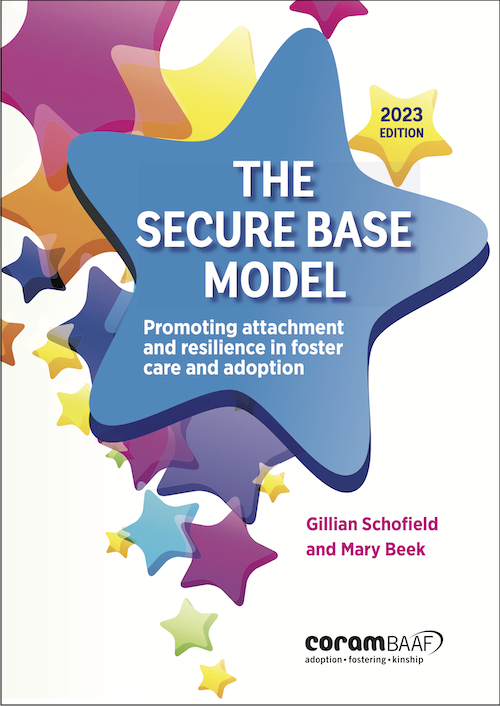
The secure base model
£20.95
All children need to feel secure in their relationships with the adults who look after them. Where children have not experienced the kind of sensitive parenting that promotes security and resilience, they will find it difficult to trust and will struggle with managing their feelings and behaviour.
The Secure Base model is a popular, widely-used model of caregiving in fostering and adoption that is based on theories of attachment and resilience while also drawing on child placement research. It provides a valuable framework and strengths-based approach for making sense of fostered and adopted children’s needs and behaviours and sets out the dimensions of caregiving that can support children to thrive and to fulfil their potential.
This practical guide to the Secure Base model supports social workers and other professionals involved in all aspects of fostering and adoption practice, from recruitment, assessment and preparation to matching and long-term support for placements through to adulthood.
This guide is for social workers and child care professionals wanting to effectively promote attachment and resilience in foster care and adoption. It is accompanied by online video clips that explain the five dimensions of the Secure Base model in practice through the voices and experiences of adopters, foster carers and young people.
Read the contents page and introduction
LISTEN TO THE CONVERSATION
Ellen Broomé welcomed Gillian Schofield and Mary Beek to talk about the new edition of their bestselling publications, The Secure Base Model and Promoting Attachment and Resilience.
AVAILABLE IN EBOOK AND HARD COPY
Questions about eBooks? Check out our FAQs
HARD COPY
Reviews
Although rooted in established theory, these are primarily workbooks rather than textbooks, with clear layouts and written in easily accessible language. The Secure Base Model’s place in the toolkit of the fostering social worker is already secured. However, anyone involved in children’s social work will find this a useful reference and tool.
Helen Munro, independent social worker, Professional Social Work
